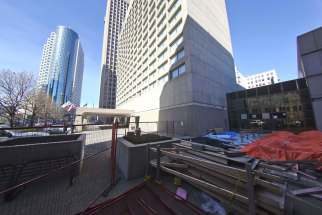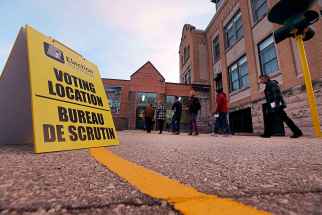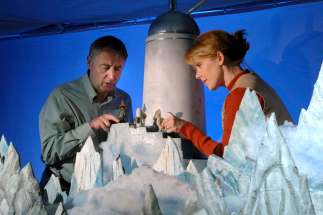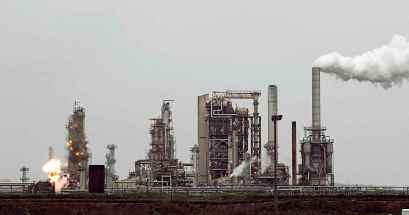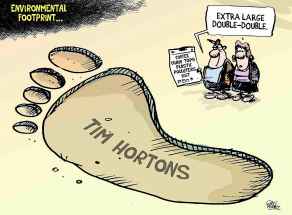We can’t hit the snooze button on this alarm
Read this article for free:
or
Already have an account? Log in here »
To continue reading, please subscribe:
Monthly Digital Subscription
$0 for the first 4 weeks*
- Enjoy unlimited reading on winnipegfreepress.com
- Read the E-Edition, our digital replica newspaper
- Access News Break, our award-winning app
- Play interactive puzzles
*No charge for 4 weeks then price increases to the regular rate of $19.00 plus GST every four weeks. Offer available to new and qualified returning subscribers only. Cancel any time.
Monthly Digital Subscription
$4.75/week*
- Enjoy unlimited reading on winnipegfreepress.com
- Read the E-Edition, our digital replica newspaper
- Access News Break, our award-winning app
- Play interactive puzzles
*Billed as $19 plus GST every four weeks. Cancel any time.
To continue reading, please subscribe:
Add Free Press access to your Brandon Sun subscription for only an additional
$1 for the first 4 weeks*
*Your next subscription payment will increase by $1.00 and you will be charged $16.99 plus GST for four weeks. After four weeks, your payment will increase to $23.99 plus GST every four weeks.
Read unlimited articles for free today:
or
Already have an account? Log in here »
Hey there, time traveller!
This article was published 12/10/2018 (2619 days ago), so information in it may no longer be current.
As a wake-up call, it was loud and clear. And urgent.
The United Nations Intergovernmental Panel on Climate Change (IPCC) released a new report, which cites more than 6,000 scientific references and was prepared by 91 authors and review editors from 40 countries. The scenario for the planet isn’t pretty — at least, not if we want human civilization to continue.
To avoid the outcome of rapidly-rising oceans and runaway climate change, the IPCC warns that human-caused emissions of carbon dioxide would need to fall by about 45 per cent from 2010 levels by 2030, reaching “net zero” around 2050. That gives us 12 years to act.
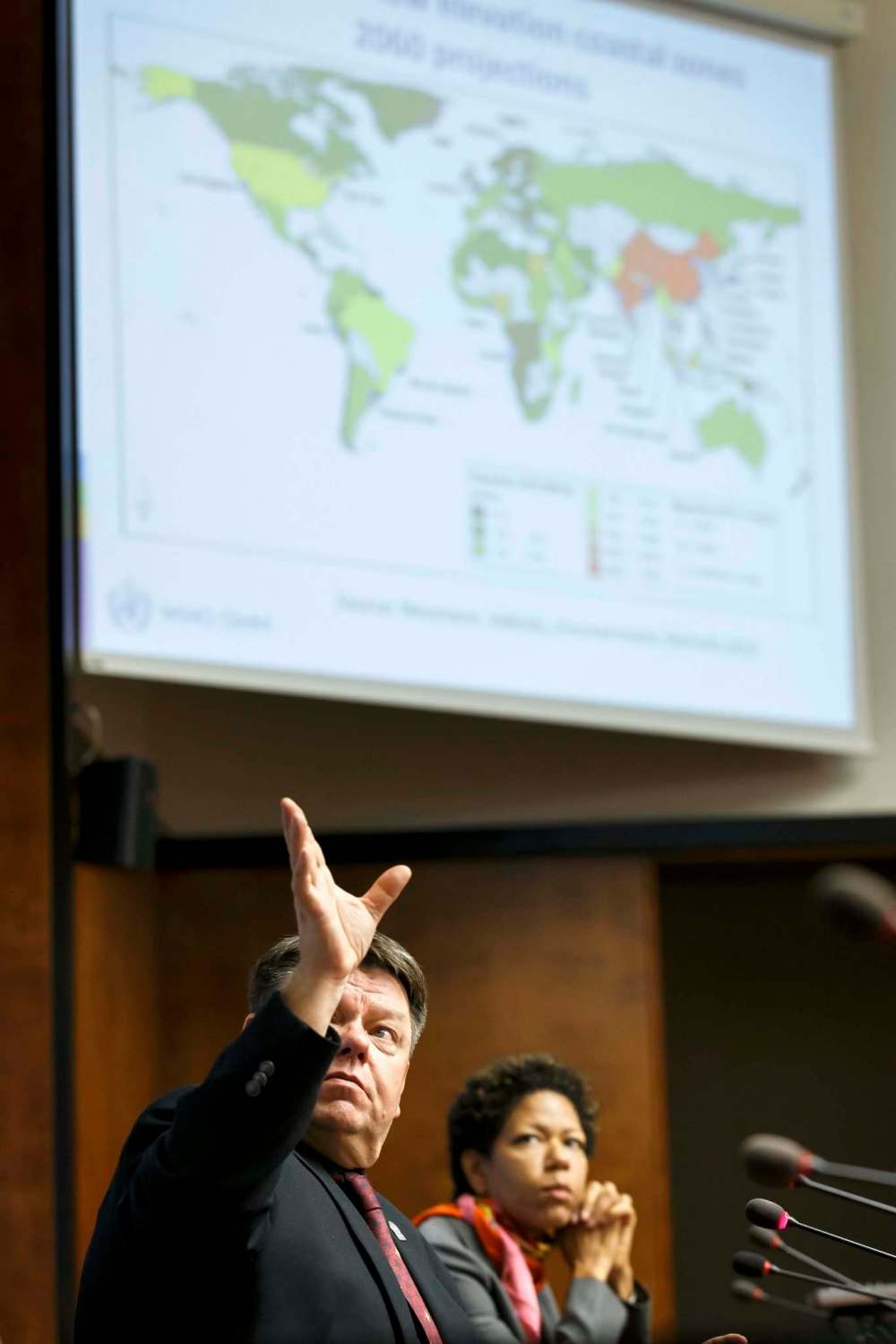
Climate-change deniers, grasping at ever-slimmer straws to dispute the reality of our warming planet, like to deride the dire predictions of scientists because the worst hasn’t yet happened. But the fact is that past climate predictions were, if anything, too conservative.
In the 1990s, scientists warned of the deadly effect warming oceans could have on coral reefs and the rich biodiversity of these marine habitats. Today, one-quarter of the world’s reefs are damaged beyond repair, with another two-thirds at serious risk. In addition to harmful fishing practices, climate change is a major driver of that destruction.
Another consequence of climate change was predicted: increased frequency of severe weather events. With the rising intensity of heat waves in the United States, and increased destructive force of hurricanes along the Gulf Coast and eastern seaboard of North America, that prediction is proving accurate as well.
Now the IPCC is reporting that a “change climate” is nearer than previously thought, stating that “limiting global warming to 1.5 C would require rapid, far-reaching and unprecedented changes in all aspects of society.”
Individual actions won’t be enough. Those who are able can limit their travel, insulate their homes and buy local. But that’s not the way our economy is set up; it’s predicated on cheap fossil-fuel energy. In order to properly address the threat of climate change, governments need to act.
The technology for renewable energy is increasingly better and cheaper. Government policies that encourage its use would help spur even more development. Manitoba’s provincial government could renew and increase its support for mass transit, as well as charging infrastructure for electric vehicles. At the municipal level, Winnipeg could commit to upgrading its transit fleet to made-in-Manitoba electric buses. The potential for solar energy has barely been tapped.
Aside from reducing emissions, we might also be able to reduce the amount of carbon already in the atmosphere. British Columbia-based Carbon Engineering has developed technology that pulls carbon dioxide from the air, converts it into clean-burning fuel suitable for vehicles, and sequesters carbon in the ground. At least six other companies around the world are working on similar initiatives.
There is a role for government to play. Yes, such initiatives would be expensive. It’s too bad there isn’t a made-in-Manitoba solution to provide revenue to address climate change. Oh, wait — that could have been the provincial government’s abruptly axed carbon tax, which could have funded a host of clean-energy and emissions-reduction initiatives.
The IPCC report declares that to avoid disaster, there must be a huge adjustment in the way we do things, and that climate change is no longer an end-of-the-century problem.
As this alarm sounds, we could just hit “snooze,” again, as we have so many times in the past. But we might not like the final wake-up call.

